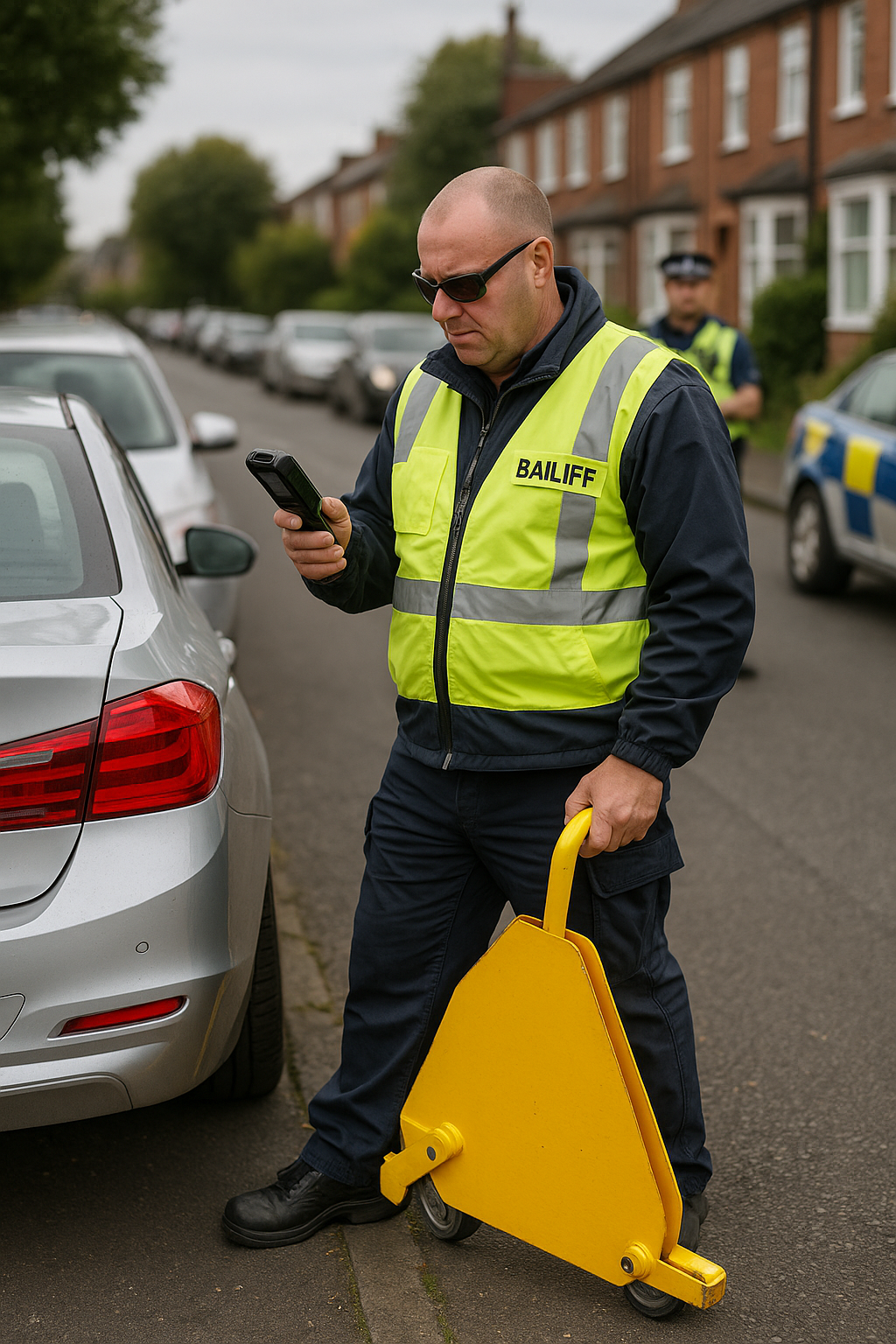NZ Govt Trials Plate-Scanning Tech to Clamp Cars of Fine Evaders
The cornerstone of the initiative is the deployment of handheld number plate scanning devices, currently being tested by bailiffs on public streets and at designated checkpoints.

- Country:
- New Zealand
In a bold move to bolster enforcement of court-ordered penalties, the New Zealand Government has initiated a nationwide trial of advanced technology that will enable authorities to clamp or seize vehicles belonging to individuals who have failed to pay their court fines or reparations. Justice Minister Paul Goldsmith announced the trial, describing it as a step toward ensuring greater accountability and fairness within the justice system.
Number Plate Scanning Devices Rolled Out
The cornerstone of the initiative is the deployment of handheld number plate scanning devices, currently being tested by bailiffs on public streets and at designated checkpoints. These devices are capable of rapidly scanning the license plates of parked vehicles and instantly checking them against a national database of unpaid court fines and victim reparation orders.
“If you haven’t paid your court fines, you may soon find yourself walking home or needing a lift,” Minister Goldsmith warned. “It’s that simple.”
The enforcement strategy is designed to target individuals who have ignored repeated notices to pay fines or court-ordered reparations. Once a flagged vehicle is identified, bailiffs on the scene will be empowered to clamp the car on the spot or have it towed away, leaving the owner to resolve their debt before the vehicle is released.
Trial Underway Nationwide and at Police Checkpoints
The technology is being trialled in public areas across the country and will be used in coordination with police during roadside breath-testing operations. Drivers who pass a breath test but are found to have outstanding fines may find themselves penalised in another way—by having their vehicle immobilised or removed.
“This will be happening on streets nationwide and will also be present at some breath-testing stations this weekend,” Goldsmith stated, making it clear that the initiative is more than a small-scale test.
The program aims to improve the effectiveness of enforcement actions that have traditionally relied on manual methods and delayed processing. This digital-first approach is expected to speed up collections and close loopholes used by serial defaulters.
A Strong Message on Law and Order
Minister Goldsmith emphasised that the initiative aligns with the Government’s broader mission to restore law and order and support victims of crime.
“We promised to find new effective ways to force people to pay their court fines. That’s exactly what we’re delivering,” he said. “Victims are our priority, and their needs underpin all our work to restore law and order.”
The Minister also signaled a significant culture shift within the Ministry of Justice. “There’s been a long-standing slackness when it comes to bringing in fines, and I’ve given very strong instructions to the Ministry of Justice to find ways to collect them.”
According to Goldsmith, the move not only addresses long-standing inefficiencies but also supports victims who have been emotionally or financially harmed, ensuring they receive the reparations they are due. “Those who have suffered emotional harm or have had their property lost or damaged by an offender’s actions should not be left out of pocket.”
Building on Proven Enforcement Tactics
Vehicle clamping has already proven effective in the past for collecting unpaid fines, and the Government’s new initiative is designed to build upon this method using 21st-century tools. By combining real-time data scanning with immediate enforcement, the initiative aims to significantly increase the volume of recovered fines and reparations.
The trial is expected to provide valuable insights that could lead to a full national rollout. If successful, this enforcement method could become a standard feature of court fine recovery operations in New Zealand.
Reclaiming Accountability in the Justice System
Ultimately, the Government’s position is clear: individuals who owe court fines and reparations should not be allowed to ignore their obligations. The message is firm—pay up or risk losing your car.
This initiative marks another step in the Government's broader effort to reinforce a culture of responsibility, deter repeat offenders, and ensure justice is not only served in the courtroom but also delivered in practice across communities nationwide.










